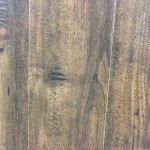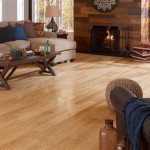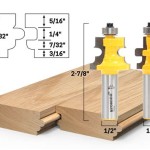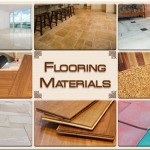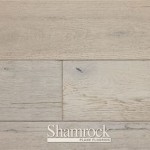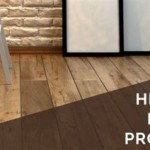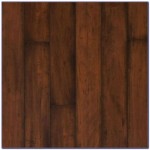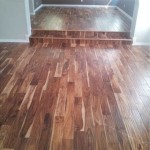Essential Aspects for Selecting the Best Flooring for Your Garage Gym
Establishing a home gym in your garage is an excellent way to enhance your fitness without leaving the comfort of your home. However, choosing the appropriate flooring is crucial to ensure durability, safety, and comfort during your workouts.
Here are some key aspects to consider when selecting the best flooring for your garage gym:
1. Durability and Impact Resistance
Garage gym flooring should be able to withstand the weight and impact of heavy equipment, such as dumbbells, barbells, and weightlifting machines. Look for flooring with high-impact resistance to prevent denting or cracking.
2. Slip Resistance
During intense workouts, it's essential to have a non-slip flooring surface to prevent accidents and injuries. Choose flooring with a textured or anti-slip finish to provide good traction, even when wet from sweat or water.
3. Shock Absorption
For exercises that involve high-impact movements, such as running or jumping, shock-absorbing flooring is recommended. This helps reduce the impact on your joints and muscles, minimizing fatigue and improving comfort.
4. Water Resistance
Garage gyms are prone to moisture, either from sweat or accidental spills. Water-resistant flooring prevents damage to the subfloor and equipment, making it more durable and easy to clean.
5. Installation and Maintenance
Consider the ease of installation and maintenance when selecting flooring. Some options, like rubber tiles, can be DIY-installed, while others may require professional installation. Choose flooring that is easy to clean and maintain to preserve its appearance and performance.
6. Material Options
There are various flooring materials available for garage gyms, each with its own benefits and drawbacks:
- Rubber Tiles: Durable, impact-resistant, and shock-absorbing, but can be expensive.
- Rolled Rubber: Similar properties to rubber tiles, but may require professional installation.
- Carpet Tiles: Comfortable and shock-absorbing, but not as durable or water-resistant.
- Epoxy Flooring: Seamless, durable, and easy to clean, but requires professional installation and can be slippery.
- Concrete: Affordable and durable, but cold and hard, requiring mats for comfort and impact absorption.
By considering these essential aspects, you can make an informed decision on the best flooring for your garage gym, ensuring a safe, functional, and enjoyable workout space.

What Is The Best Flooring For A Garage Gym Foam Rubber Or Pvc

The Best Home Gym Flooring Options 2024 Garage Reviews

What Is The Best Flooring For Garage Gym Commercial Floors

How To Choose Home Gym Flooring Garage

The Best Home Gym Flooring Diy Garage Renovation

The Best Home Gym Flooring Options 2024 Garage Reviews

Comparing Garage Gym Flooring Rubber Vs Foam Pvc

What Is The Best Flooring For A Garage Gym Foam Rubber Or Pvc

6 Of The Best Home Gym Flooring Surfaces To Workout On Sprung

The Best Home Gym Flooring Options 2024 Garage Reviews
Related Posts

